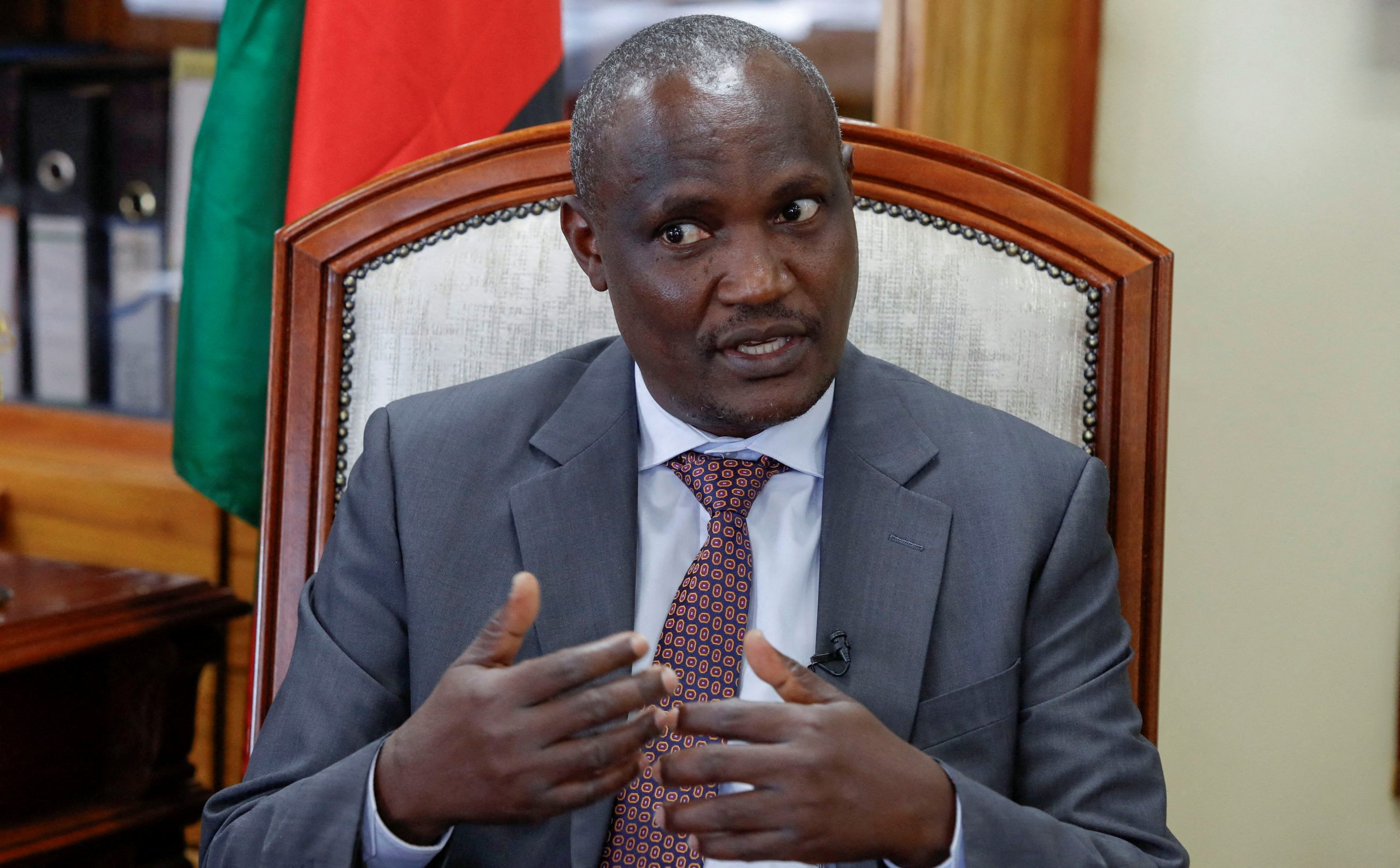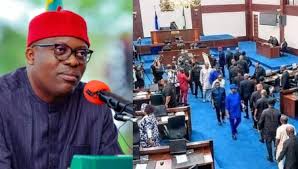
A major clash is looming between the National Treasury and senators over delays in the disbursement of the Sh415 billion equitable revenue share meant for counties.
The standoff comes at a time when counties are grappling with cash flow problems. The last disbursement was made in August.
President William Ruto had pledged to end the problem of delayed funds, which was a hallmark of his predecessor’s administration. But senators now accuse his administration of paying lip service, with the Treasury starving counties of cash and forcing governors to resort to expensive commercial loans to keep operations running.
Mombasa Senator Mohamed Faki faulted Treasury Cabinet Secretary John Mbadi’s office for failing to adhere to the disbursement schedule approved by the Senate, which guides the timely release of funds.
He said instead of releasing funds by the 15th day of every month, as required by law, the Treasury has pegged transfers on the performance of national revenue collection—an excuse he termed an “escape route” to underfund counties.
According to Mr Faki, counties’ equitable share amounts to less than 15 percent of the national revenue and is therefore too small to be affected by monthly shortfalls.
“In the financial year ended June 30, 2025, about 42 percent of counties’ equitable share was only released in the fourth quarter between April and June. This back-loading of disbursement slows down county budget implementation, as resources arrive at the tail end of the financial year,” he said.
The Constitution, under Article 203 (1)(j), requires county revenue to be stable and predictable. Article 209 further provides that the counties’ share of nationally raised revenue must be transferred without undue delay or deductions. Similarly, Section 17(6) of the Public Finance Management Act obligates the Treasury to release funds to counties at the start of every month, and no later than the 15th day.
Kericho Senator Aaron Cheruiyot noted that the disbursement schedule, introduced in 2016, was meant to curb a trend where the Treasury would lump outstanding payments toward the end of the financial year, leaving counties scrambling to spend before June 30.
“The Constitution already divides these funds between national and county governments. Yet up to now, we still push, issue statements, and even threaten through the Council of Governors for Treasury to release what is due,” he said.
Vihiga Senator Godfrey Osotsi argued that delayed funds undermine county planning and staff welfare.
“You never hear of salaries being delayed in the national government. But in counties, workers go for months without pay,” said the ODM deputy party leader. He called for the creation of a dedicated department at the Treasury to handle county financing, warning that the ministry currently operates at the whims of the national executive.
Nairobi Senator Edwin Sifuna said the Treasury does not treat county funds as a priority and suggested releasing them at the beginning of each quarter to allow counties a three-month window for planning.
“The last disbursement counties received was for July. If the disbursement schedule was meant to tie Treasury’s hands and ensure predictability, why is it never respected?” he asked.
Kakamega Senator Boni Khalwale demanded accountability from Treasury in cases of non-compliance, dismissing claims that revenue shortfalls justify delays.
“The excuse that releases depend on Kenya Revenue Authority collections cannot fly. Counties’ share – about 15 percent of Sh415 billion – is negligible in a Sh4 trillion economy,” he said.
Narok Senator Ledama Olekina decried the humiliating situation where counties queue daily at Treasury for funds, with some forced to borrow from commercial banks at high interest rates.
“This is a shoddy way of managing resources. By delaying funds, we incubate corruption, as county treasurers decide who gets paid and who doesn’t,” he warned.
Mr Olekina added that in some counties, staff have gone unpaid for two to three months, crippling services and exposing suppliers to property auctions due to unpaid bills.



